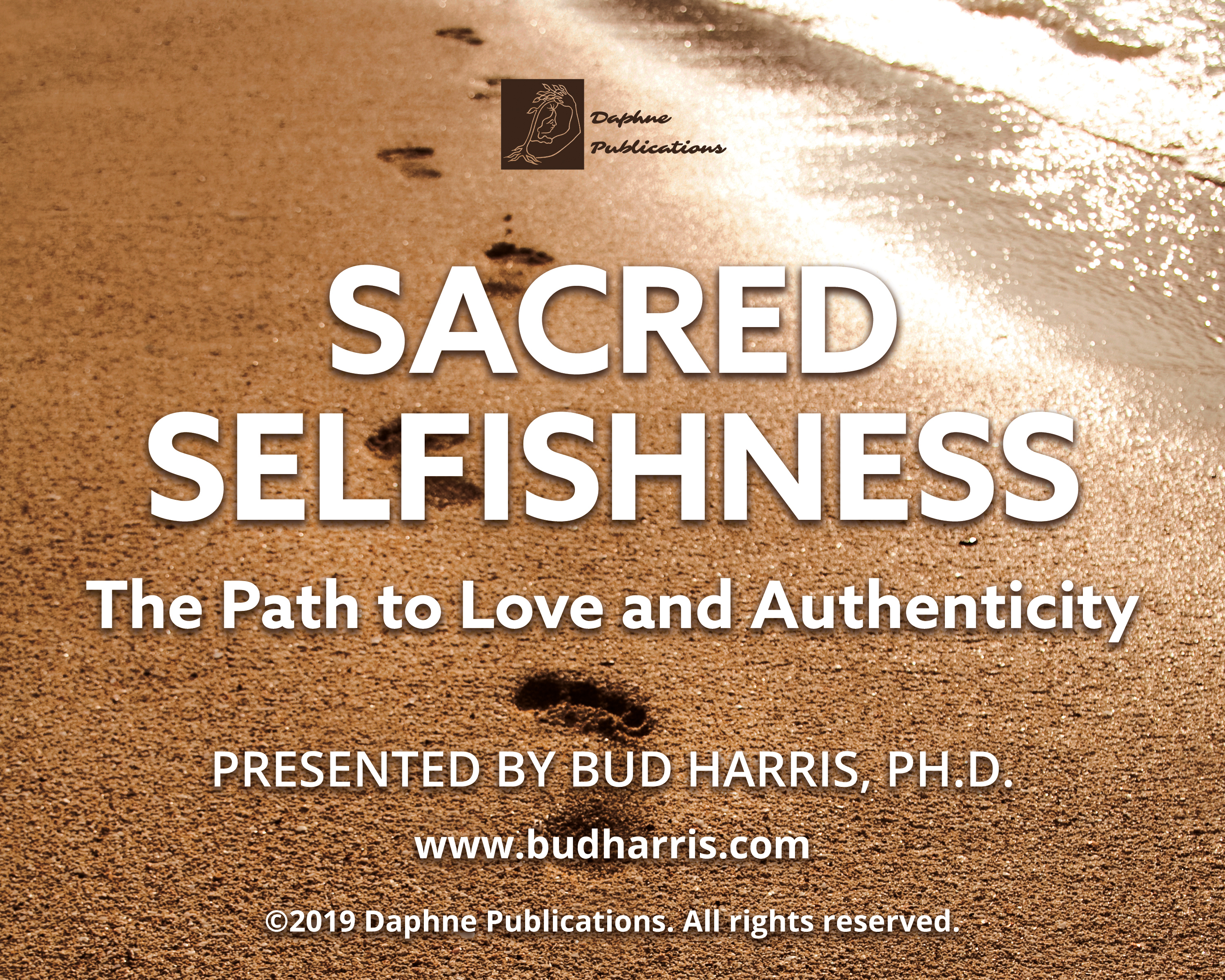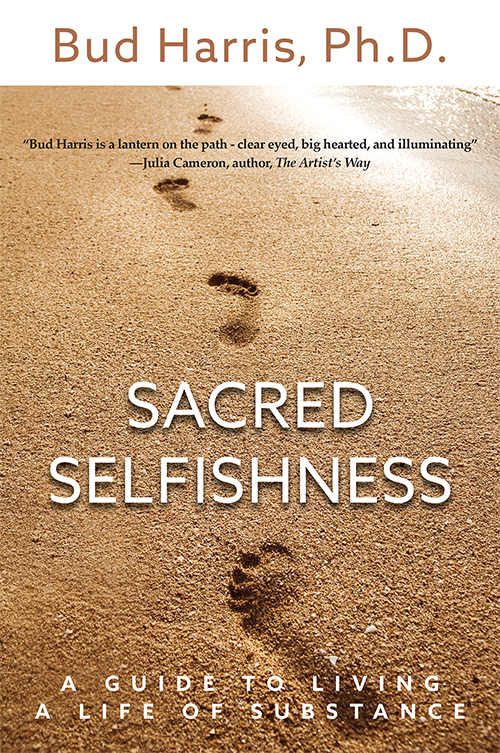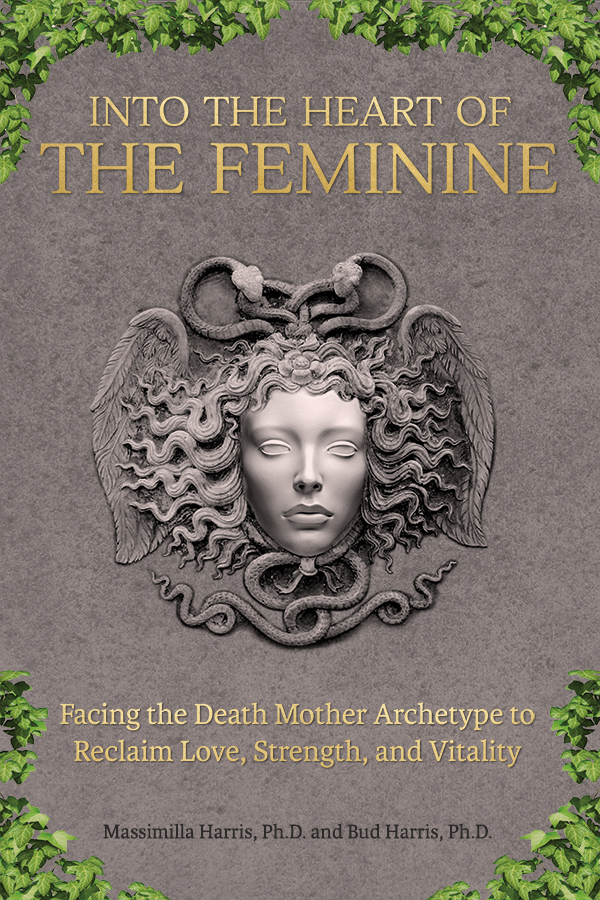Many of my female analysands painfully confess that they no longer have an idea of what it is to be feminine. Over twenty-five years ago, the Jungian analyst June Singer, in an article titled “The Sadness of the Successful Woman,” said that she believed that such women are suffering from a particular form of depression: They are mourning for their lost femininity.
creative life
Welcome to Reflections from the Heart of the Feminine
Bud and Massimilla HarrisWe want to invite you (men and women) into the adventure of restoring and revitalizing the eternal feminine into our lives and culture. To help you along we will be publishing a new blog series based on an expanded and updated version of the Study Guide for Into the Heart of the Feminine. This study guide series can be done in a discussion group setting, or individually through journaling.
The Journey into Wholeness
Bud and Massimilla HarrisDear Readers, Over the years of my writing career this book has been one of my favorites. In fact I’ve read it over many times and even though I wrote it, it still generates new ideas, new understandings and I …
Read More
Sacred Selfishness Lecture Video
Dr. Bud HarrisI define Sacred Selfishness as valuing ourselves enough to develop into “authentic” human beings who give back vitality and hope to the people around us. It is acquiring what Emerson refers to as “character—a reserved force which acts directly by …
Read More
Aging Strong: Fully Engaged – The Key to Being Fully Alive
Dr. Bud Harris“When death finds you, be sure she finds you fully alive.” This saying from an old African folktale has stuck with me for many years. One of the first steps we must take in becoming fully alive is to overcome …
Read More
Aging Strong: Ambition and Awareness Come Together
Dr. Bud HarrisOne of the biggest surprises in my life is to find myself as ambitious as I have ever been while I am approaching my eighth decade. I credit Jung’s individuation process for this reality and for helping me uncover the …
Read More
Captives of Normalcy (Part 4)
Dr. Bud HarrisErich Fromm believed that character determined behavior. In his studies of how society affects our development, he concluded that every society shares a common character structure, meaning a common set of traits that motivate us to behave in ways that fulfill the goals and ideals of our culture. For example we are taught and conditioned to believe our self-worth depends upon our achievements, our financial value, the things we own, how productive we are, and how other people evaluate us. Fromm called this collection of traits our social character. Society from its largest institutional units down to its smallest, the family, endeavors to teach us these traits.
Awakening to Our Stories: Captives of Normalcy (Part 2)
Dr. Bud HarrisTo understand what Jung meant by a religious attitude and our emotional problems, we need to become familiar with what he calls the individuation process. While each of us grows and ages physically, whether we like it or not, the same fact isn’t true about our psychological growth. The individuation process recognizes that after we have grown to a certain point psychologically, we have to make an effort; we have to pursue self-knowledge, to mature as people and live in a satisfying manner in our relationships and culture.
Reclaiming the Feminine: A Mission Renewed – Part One
Bud and Massimilla Harris Anxiety, hypersensitivity, and a loss of hope and faith in life lurk in the shadows, beneath the surface of our “too busy” lives for many of us. After a year of hearing from our readers and members of study …
Read More
Sacred Selfishness: Self-Loving vs. Self-Serving (Part 3)
Dr. Bud HarrisHave you ever thought about how strongly we have been indoctrinated into the idea: “Don’t be selfish?” When I think back about the southern culture I was raised in, I remember very clearly being told, “Don’t be selfish,” again and …
Read More









